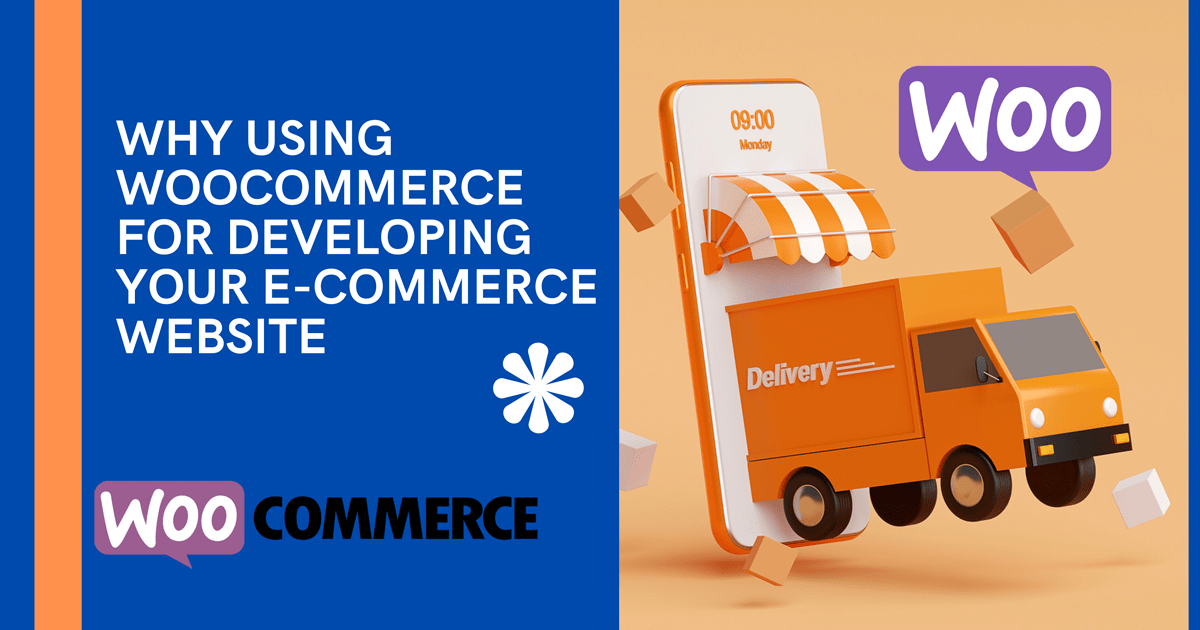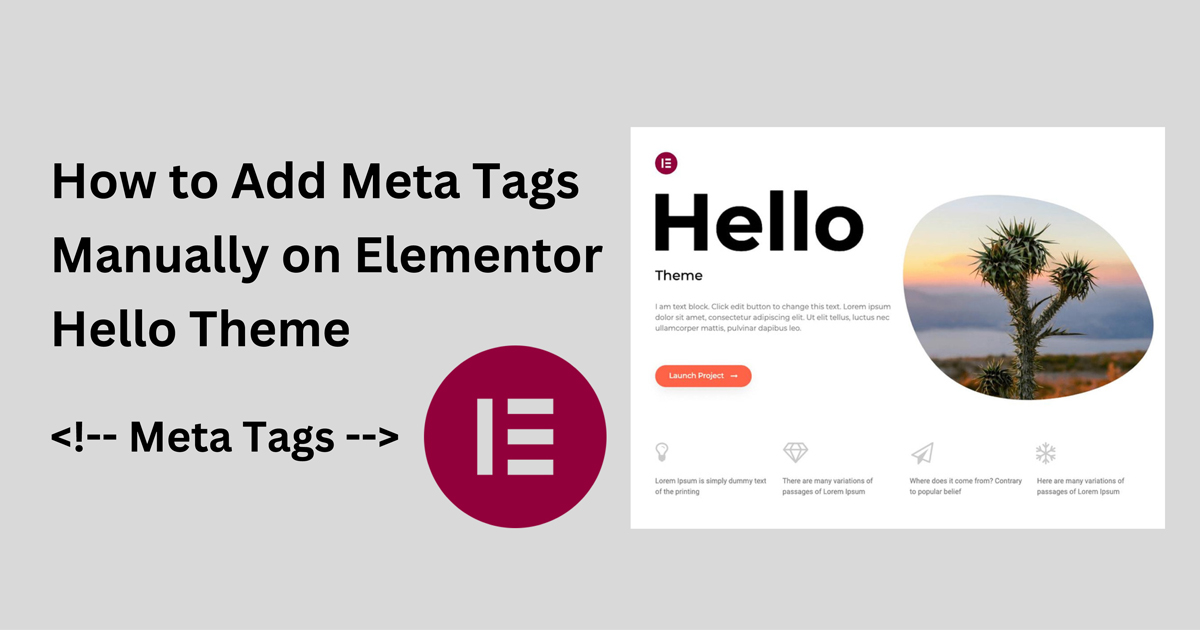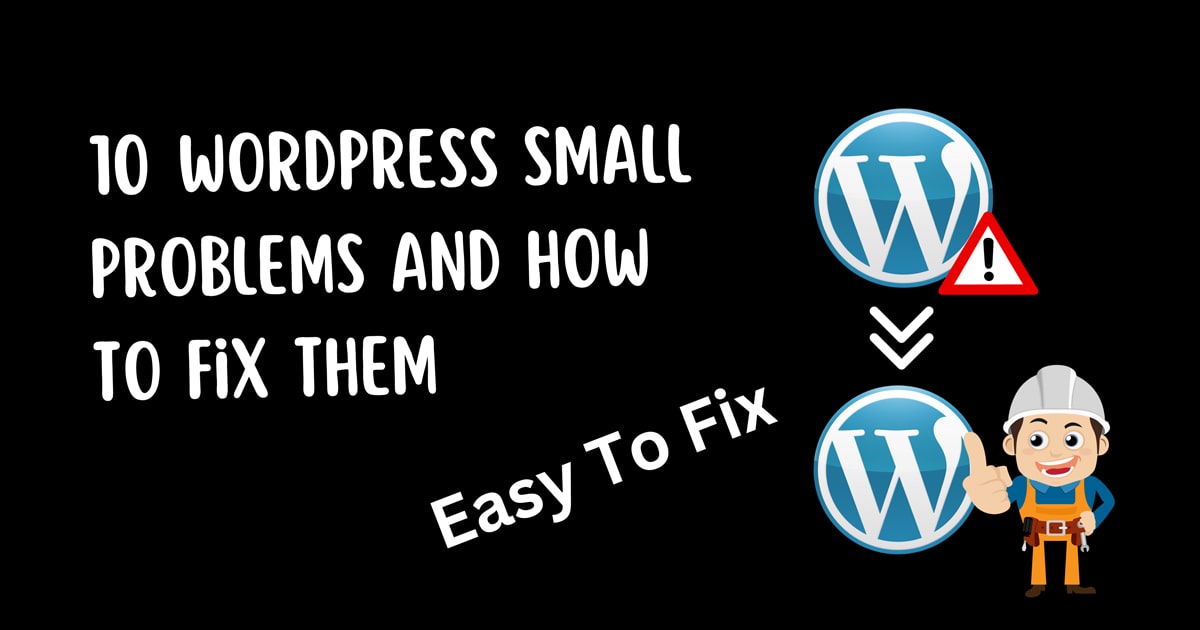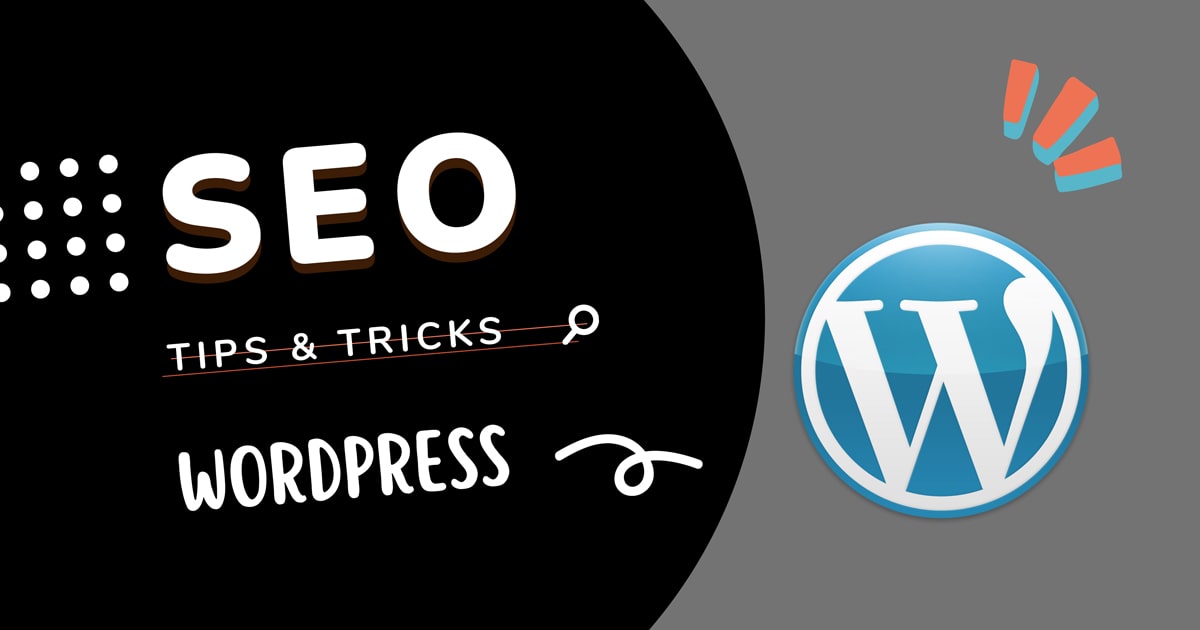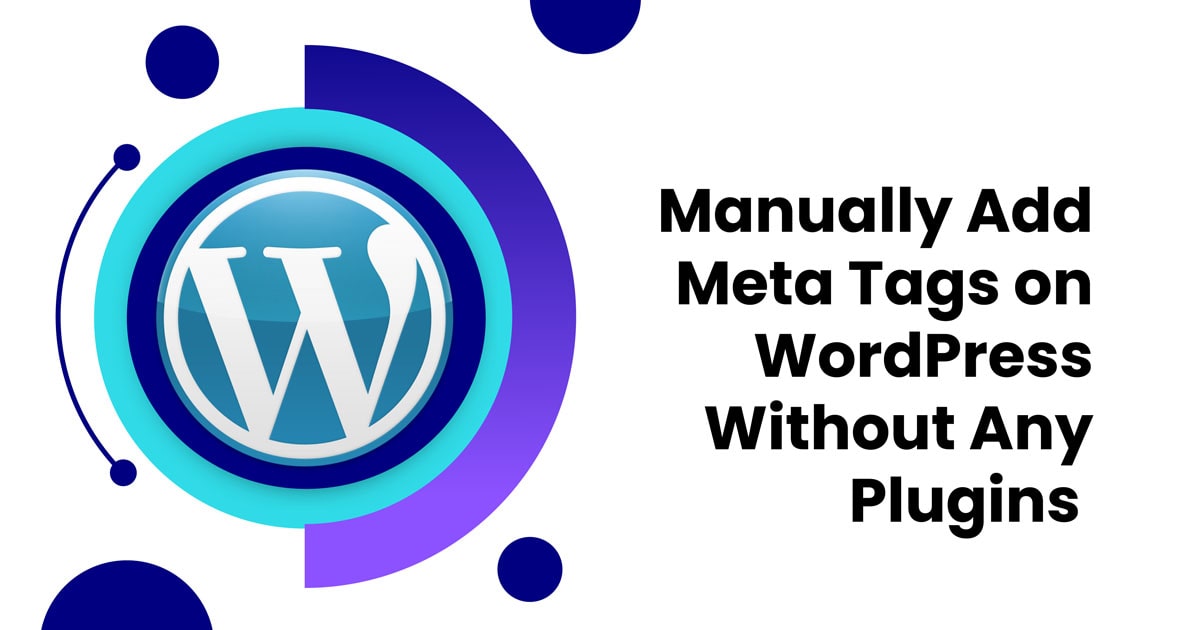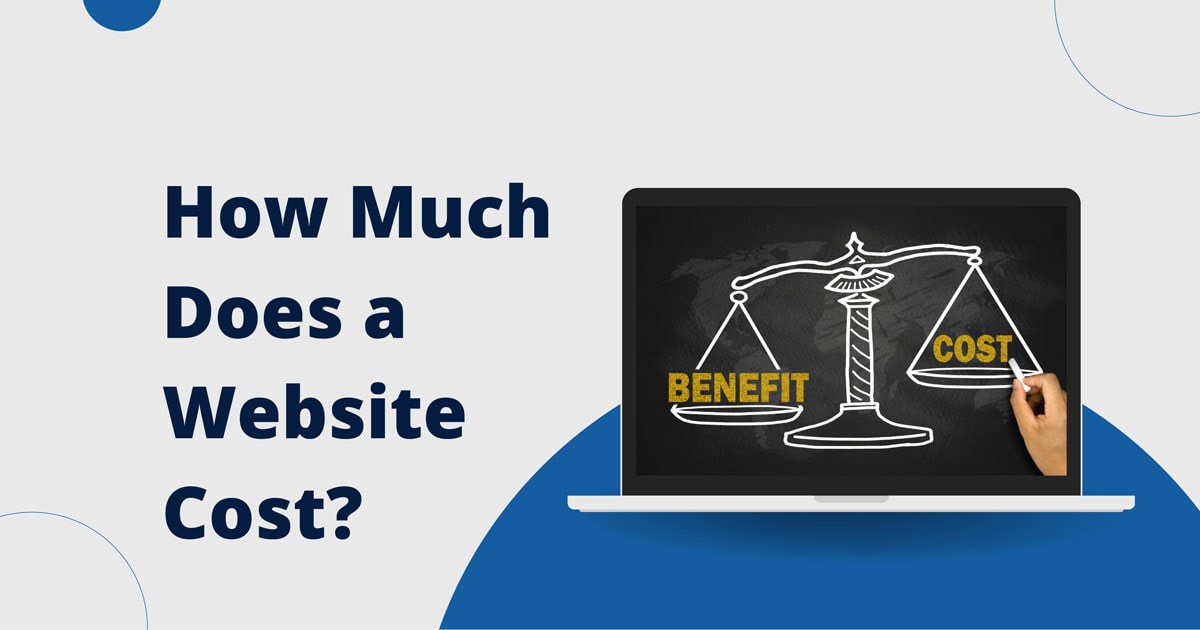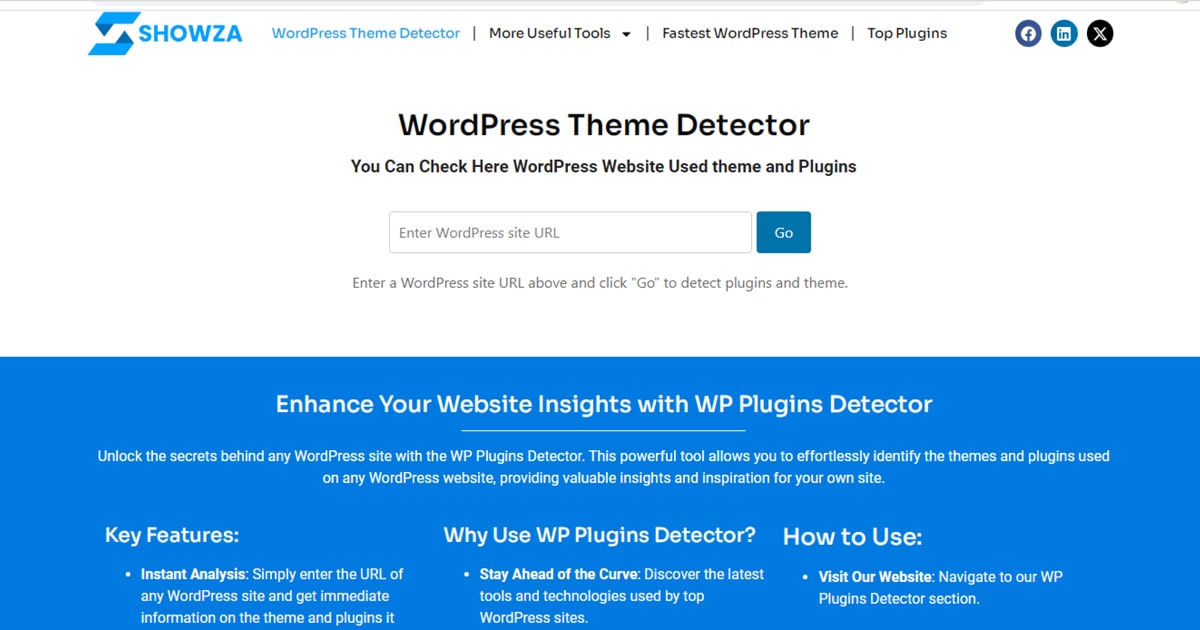
Why Your WordPress Website is Slow
Introduction
A slow WordPress website can have significant negative impacts on your online presence. Not only does it frustrate visitors, leading to higher bounce rates, but it also affects your search engine rankings. Google prioritizes fast-loading websites, so a sluggish site can undermine your SEO efforts. In this blog, we will delve into the most common reasons why your WordPress website might be slow, focusing on uncompressed images, an excessive number of plugins, and the use of heavyweight themes.

1. Uncompressed Images
Images are crucial for making your website visually appealing and engaging. However, if these images are not properly optimized, they can severely slow down your site. High-resolution images take longer to load, which can drag down your page speed. Uncompressed images often consume a large amount of bandwidth and can lead to a poor user experience, especially for visitors with slower internet connections.
2. Too Many Plugins
Plugins are essential for extending the functionality of your WordPress site. However, installing too many plugins can lead to performance issues. Each plugin you add introduces additional code that needs to be executed when your site loads. This can significantly increase load times and server response times. Additionally, poorly coded plugins can cause conflicts and further degrade site performance. It’s crucial to be mindful of the number and quality of the plugins you use.
3. Heavyweight Themes
The theme you choose for your WordPress site plays a vital role in its overall performance. Heavyweight themes, which come packed with numerous features, options, and design elements, can slow down your site. These themes often load a large number of scripts and stylesheets, which can increase the time it takes for your pages to render. While these themes might look attractive and offer a lot of customization options, they can be detrimental to your site’s speed and performance.
Conclusion
Understanding the common reasons why your WordPress website is slow is the first step in optimizing its performance. Uncompressed images, too many plugins, and heavyweight themes are significant factors that can drag down your site’s speed. In our next blog, we will provide detailed solutions to address these issues and help you create a faster, more efficient WordPress website. Stay tuned!

